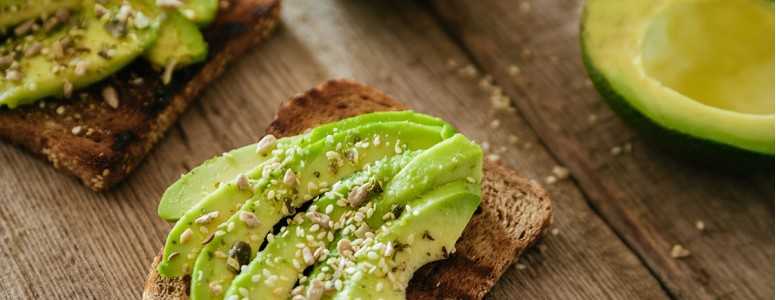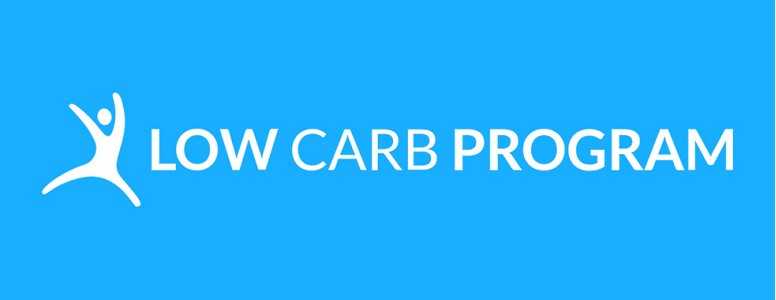Our brains perceive food to be more rewarding when we combine carbohydrate and fat, which act as “drugs of abuse” on the brain, new research suggests.
Yale University scientists made the discovery following a study testing people’s neural responses (relating to the nervous system) to food cues.
The findings could help explain why some people find foods high in a combination of carbs and fat, such as pizza and doughnuts, so addictive – because the human brain is innately conditioned to enjoy them.
Few, if any, foods in nature are high in both carbohydrate and fat, and yet we humans are so easily drawn to these foods. A problem with foods high in both carbs and fat is that they are very energy dense and allow people to eat very large amounts of energy without feeling full.
The presence and popularity of man-made, processed foods that are high in both carbs and fat increases the risk of weight gain, and when combined with high amount of sugar in the diet, this increases the risk of type 2 diabetes.
The Yale team, which worked with researchers from Germany, Canada and Switzerland, separated pictures of small snacks into groups of fat, carbohydrate or fat and carbohydrate, depending on the calorie content. Portion size was not significantly different between the snacks.
Among the 56 participants who received brain scans while being shown the photographs, fat and carbohydrate combinations lit up neural circuits in the reward centre of the brain. This impact was more significant even when compared with a potentially sweeter or more energy-dense food or a larger portion size.
Additionally, subjects said they were willing to pay more for foods that combined fat and carbohydrate compared with the food groups alone.
“Our study shows that when both nutrients are combined, the brain seems to overestimate the energetic value of the food,” said lead author Dana Small, director of Yale University’s Modern Diet and Physiology Research Centre.
“Surprisingly, foods containing fats and carbohydrates appear to signal their potential caloric loads to the brain via distinct mechanisms. Our participants were very accurate at estimating calories from fat and very poor at estimating calories from carbohydrate.”
The researchers believe that because newer processed foods containing fats and carbs have only been around for around 150 years, humans haven’t yet evolved to be able to handle the simultaneous activation of fat- and carb-signalling pathways.
“One mechanism by which the modern food environment may promote overeating is by combining fat and carbohydrate to potentiate reward and therefore facilitate the transition to habitual responding as is observed in drugs of abuse,” said the authors.
The findings appear online in the journal Cell.
Editor’s note: The way in which carbs and fats affect the brain is pretty complicated, but eating a low carb diet high in healthy fats and real food can help the brain feel more full, and improve your mood and energy. Visit our Low Carb Program for more information.
What's new on the forum? ⭐️
Get our free newsletters
Stay up to date with the latest news, research and breakthroughs.








